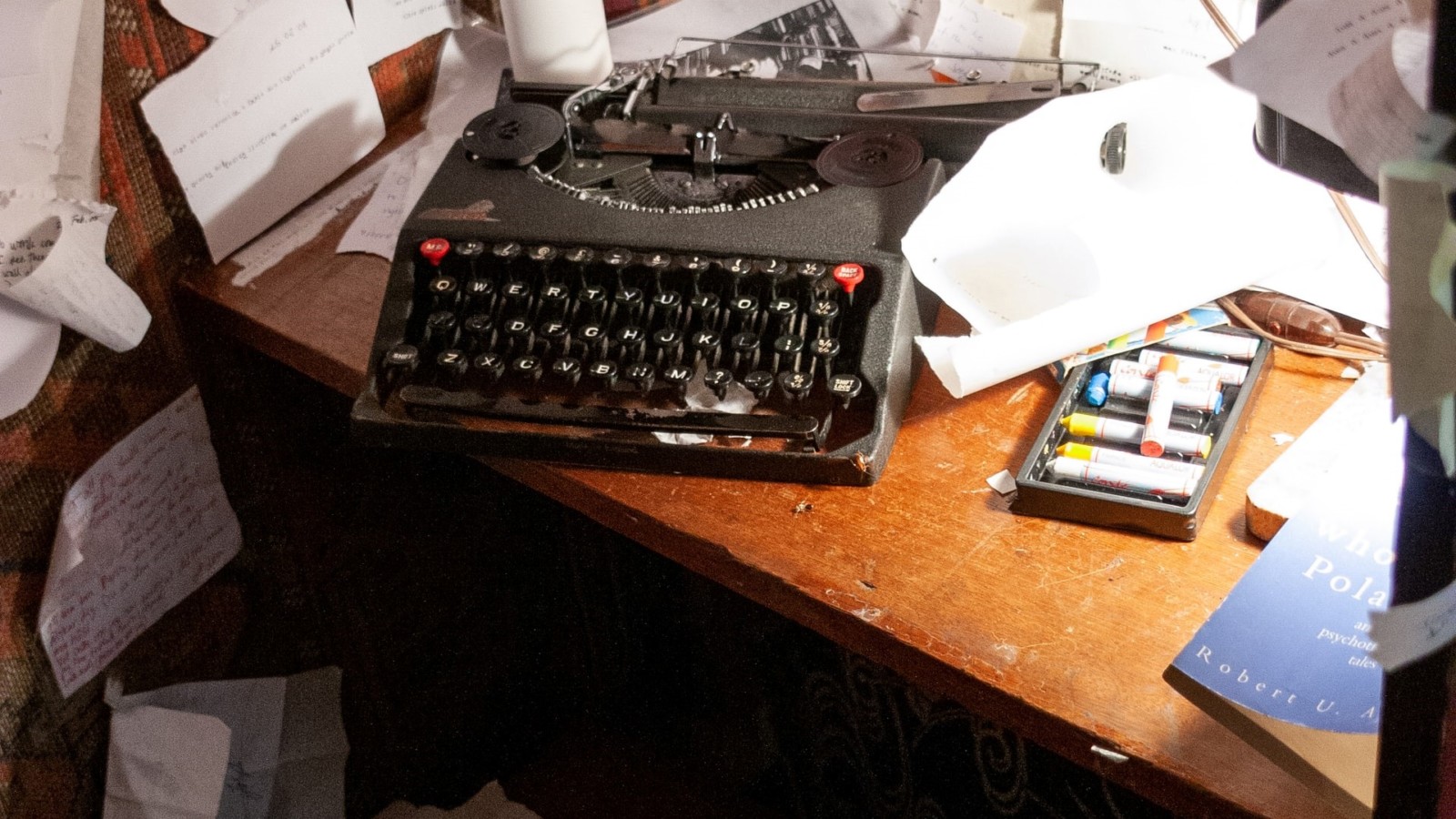Who would have ever thought clutter would become so popularized, or should I say so normalized? The shows about hoarding disorder have been around for a while, so those of us that have ‘normal’ clutter can sit back and wonder how people can live like that. Then came along the shows like Marie Kondo and The Home Edit where there were more relatable homes and less finger-pointing.
The first self-storage chains started in the 1960s and are now the fasting growing segment of commercial real estate.
My obsession with organizing goes back to early grade school as I can remember. Self-evaluation was probably my need to control my environment when I felt I had little control of anything else. I can recall hearing my mother tell someone in a phone conversation, “I’ve never seen anything like it. She goes around straightening everything up, but then she shoves it into a closet.” I was probably like 9 or 10 when this was happening, so the concept of creating systems in a household of 6 that also included two teenagers was perhaps outside my skill set at the time.
Fast forward to my adult life, I found myself a sales manager in aerospace, managing a staff of twelve. Once again, I was the organizer of things that had nothing to do with my role but would for the greater good if they had operated better. I stayed in aerospace for 28 years, and for 16 of those years, I owned my own business. Nothing unfulfilled me more than being in that career, but I limped along until I couldn’t take it anymore. Then I floundered for years, trying to figure out what I would be since I was already grown up and should know this by now.
The Niche That Became The Necessity
Making things work better, being more productive, efficient, and beautiful always brought me a lot of pleasure. Could I actually get paid for this? 2006 the internet wasn’t as in full use as it is now. I took a small leap of faith and spent $70 by putting an ad in the Yellow Pages. Not one person responded until 2008. Like many of my future clients, my first client had been sitting on a copy of an old Yellow Pages, among too many other things.
Now, thanks to popular shows on Netflix, when I say I’m a Professional Organizer, I don’t get asked the questions – “Is that a real job” and “Do people actually pay you to do that?”. Yep, it’s not uncommon for me to get paid $10K or more to organize an entire household. I don’t say this to brag, but more to have you take pause. What is it in your home worth paying someone that kind of money to get in order or, worse yet, having to haul off?
How Much is Your Clutter Costing You to Keep?
I live in the heart of Dallas, Texas, where real estate is prime. As the saying goes, ‘Everything is bigger in Texas, but when you’re paying upwards of $400 a square foot for real estate, do you want to use it to store iPhone boxes and torn socks? Read on for the intangible costs to your wellbeing.
One – Loss of Mind Control – Every time your brain is distracted with clutter, it has to reset itself, regain momentum and focus. Think about peddling a bike and how it starts out more difficult, but it becomes easier as you gain momentum. When your brain gets distracted, it’s like peddling and stopping and starting to peddle again.
Two – Loss of Productivity – When you don’t have control of your mind, you are less productive. How much time do you spend trying to find things? How often are you frustrated with your environment that you feel if you had a clean slate to accomplish more?
Three – Loss of Opportunity – You forgot to add something to your calendar, you missed a deadline, you were running late and forgot something, you feel controlled by your environment, and you stay home trying to get caught up but never do.
Four – Loss of Income – You purchased things and never used them, you bought stuff you had but couldn’t find them, you have gift cards; still, you don’t know where they are, you’ve received checks that expired or didn’t even realize you have them, you wrote off those diamond earrings as lost or worse yet, you accused someone of stealing them (true story from a client of mine).
Five – Loss of Happiness – As the saying goes,‘ money can’t buy happiness, so what value is all this stuff bringing to your life if it controls you?
The Great Container Rush
Social media is a great way to compare magazine life to one’s own life, so then began the rush for all the beautiful baskets, containers, and labels with unique fonts to identify the contents we couldn’t otherwise. What this accomplished was a way for people to attractively store their clutter without actually resolving the problem. Could this be why the Container Store’s stock price rose from $2.04 to $13.23, comparing May 1, 2020, to May 1, 2021?
Dear reader, the average American throws away 65 pounds of clothing per year. Do you want to be average?


